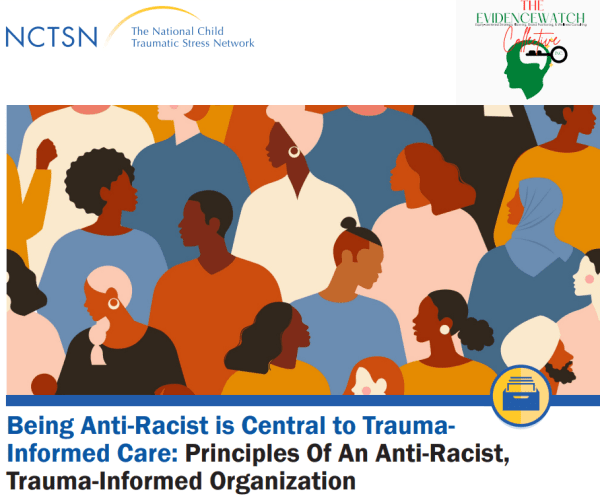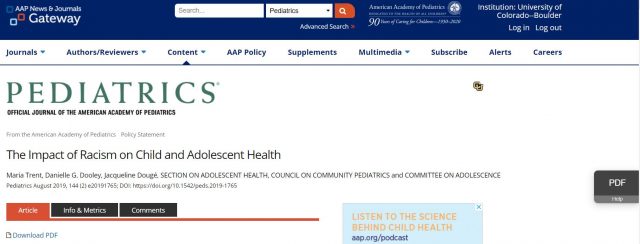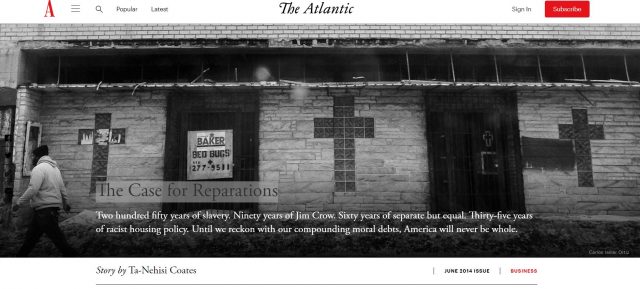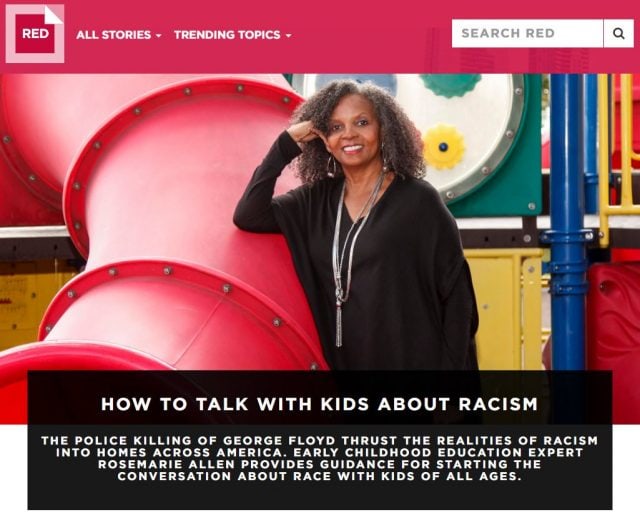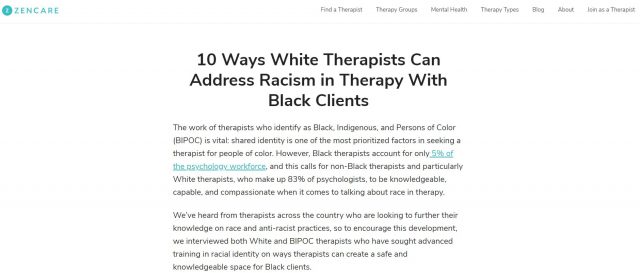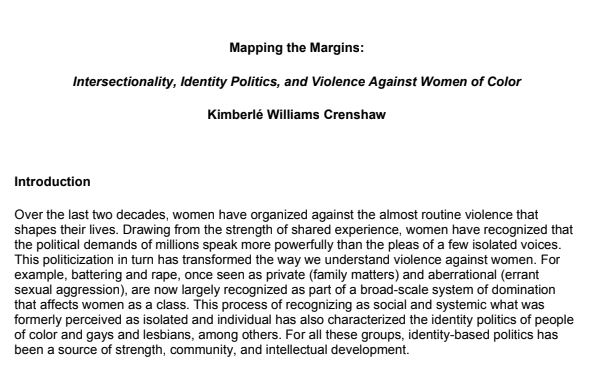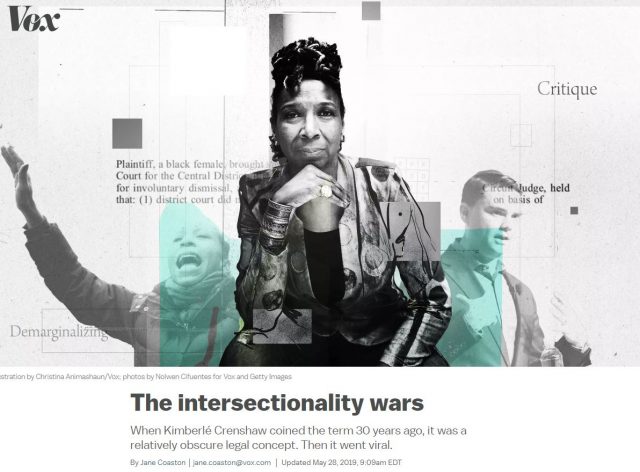From the NCTSN: "Systems and organizations must shift beyond performative action toward becoming antiracist and trauma-informed. This resource offers actionable principles and strategies that organizations can implement to make this move toward fundamental transformation. Our nation is at a critical precipice for reimagining how to improve access to and quality of the services for children, families, and communities throughout the United States (US) who have been traumatized by the current and historical impacts of anti-Black racism, as well as to dismantle the white supremacy culture that continues to uphold this racism. The goal of this resource is to light a fire in the bellies of systems, their leaders, and their agents to adopt conscious efforts and actions that promote equity, healing, and justice. This cannot be achieved by inspiring systems to simply think differently about individuals negotiating racism in their daily lives - they must act differently."
Resource Types
Resource Topic
A statement from the American Academy of Pediatrics on the impact of racism on child and adolescent health.
Ta-Nehisi Coates article from the Atlantic magazine about reparations needed in the United States to begin repairing the compounding impacts racist policies, practices and abuses on the black community.
This article, part of Metro State University's RED (Relevant. Essential. Denver.) magazine, provides insight and direction from three Metro State University equity scholars.
This blog posts provides ten actionable and ongoing steps white therapists can take to address racism in therapy with their clients.
Kimberlѐ Crenshaw's paper exploring intersectionality, identity politics, and violence against women of color.
An article featuring Kimberlѐ Crenshaw who coined the term "intersectionality" 30 years ago. She discusses how the term and concept has grown and in some ways, is misapplied.


